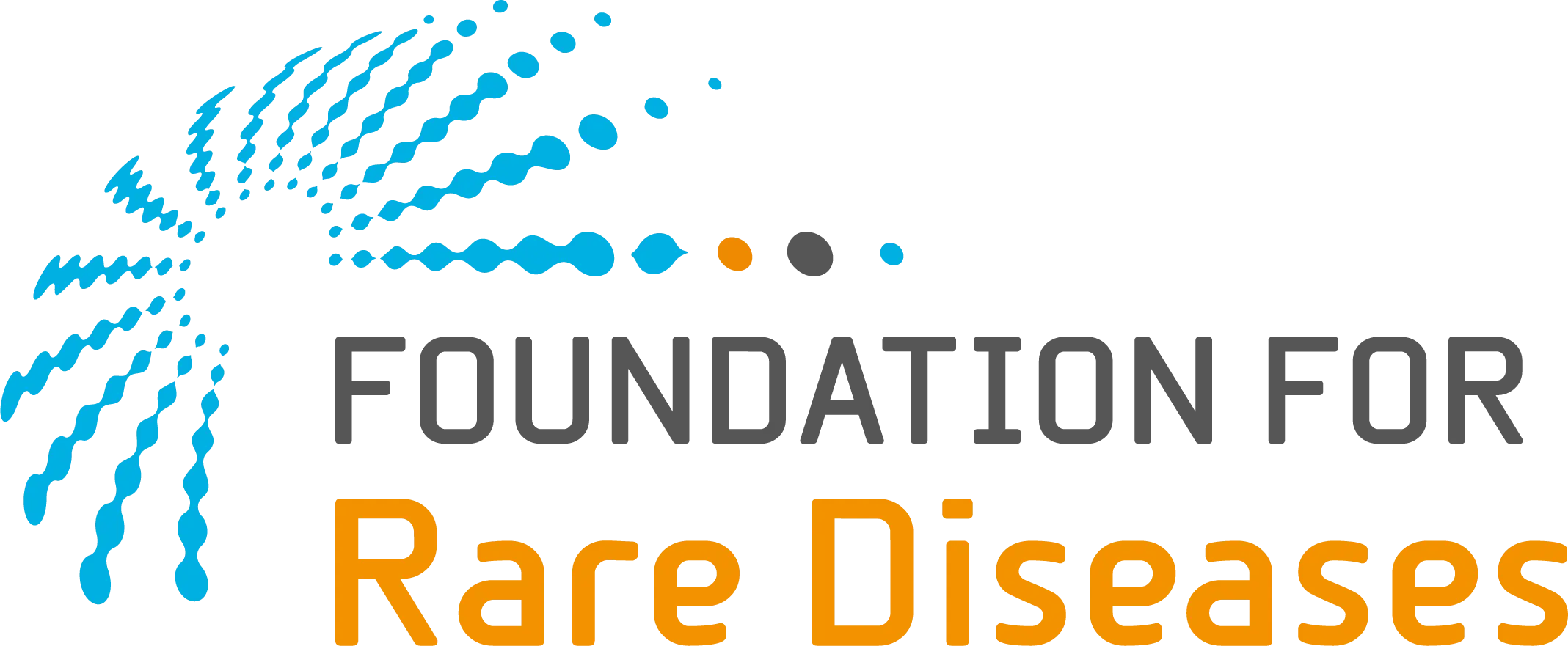The aim of the colloquium is to present the results of the winning projects in the East, encourage meetings and the sharing of experience between players, and encourage the emergence of new research projects.
Event organized in association with the Sensgene network and the O'Rares reference center.
No soutiens :




09:00 WELCOME
09 :30 INTRODUCTION
Welcome by Prof. Corinne Taddei-Gross, Dean of the Faculty of Dental Surgery
09 :30 Research into rare diseases at the University of Strasbourg
Pr. Catherine Florentz
09:35 International Rare Disease Day: a rare day for patients
Ms Zakia Beghdad
09 :45 Foundation For Rare Diseases - Together, let's find treatments!
Pr. Daniel Scherman
09:50 Financing and developing research thanks to the Foundation For Rare Diseases
Dr. Laura Benkemoun
10 :00 MEDICAL GENETICS, FROM RESEARCH TO DIAGNOSIS
10:00 Family preferences and perceptions of new sequencing technologies
Dr. Christine Peyron
10:15 Genetics, a new tool in the management of couples consulting for infertility
Prof. Stéphane Viville
10:30 Identification and validation of a new pathogenic variant in mediator subunit 20
Dr. Nadège Calmels
10 :45 Integrated analysis for diagnosis and identification of new myopathy genes
Dr. Jocelyn Laporte
11 :00 Characterization of a mouse model with multisystem phenotype due to deregulation of calcium homeostasis
Dr. Johann Böhm
11 :15 DAILY LIFE OF A RESEARCHER: WHAT FUTURE FOR YOUR RETIREMENT?
Ms Aurélie Lacurie
11 :30 POSTER BREAK
12:00 COOPERATING ACROSS DISCIPLINES AND BORDERS
12:00 Rare disease networks: from health networks to ERNs
Pr. Hélène Dollfus
12 :15 Daily life and care pathways for people with deafblindness due to a rare genetic disease
Ms Marine Arcous
12:30 Fighting the handicap of appearance
Dr. Pierre Ancet
12 :45 RARENET, INTERREG V 2016-2019 - University of Strasbourg
Pr. Agnès Bloch-Zupan
13 :00 GROUP PHOTO - LUNCH BREAK AND POSTERS
14 :00 FROM BED TO BENCH TO BED, STARTING FROM THE NEEDS AND KNOWLEDGE OF THE SICK PERSON
14 :00 Improving the care and life course of children with congenital diaphragmatic hernia
Dr. Isabelle Talon
14 :15 Why is the principle of inclusive schooling struggling to be fully implemented?The contribution of social psychology to understanding the barriers to school participation for children with disabilities
Mmes. Maria Popa-Roch and Marine Granjon
14 :30 From scientific results to the integrated valorization of research
Ms Sophie Arborio
14 :45 POSTER BREAK
15 :15 THERAPEUTIC APPROACHES - SPONSOR SESSION
15 :15 RNA interference: from Nobel Prize to new clinical applications
Dr. Joseph Salameh
15 :45 THERAPEUTIC APPROACHES, FROM BASIC RESEARCH TO TREATMENT
15 :45 Mechanisms of severe ALS associated with FUS gene mutations
Dr. Luc Dupuis
16 :00 SynAggreg: a high-throughput technology for studying amyloid aggregation and discovering synergistic inhibitors
Dr. Frédéric Klein
16 :15 Testing Dgkk as a novel therapeutic target for Fragile X syndrome in Fmr-1 KO mice
Dr. Hervé Moine
16:30 Development of new therapies for Duchenne muscular dystrophy: cell therapy and small molecules
Dr. Jean-Yves Bonnefoy
16 :45 Drug repositioning: from Lupus to chronic inflammatory demyelinating polyradiculoneuritis (CIDP), a new treatment?
Pr. Sylviane Muller
17 :00 CONCLUSION - AWARD OF THE BEST POSTER PRIZE
5:15 P.M. SPECIAL PUBLIC LECTURE
17 :15 3 million French people affected - Rare diseases: from patient to drug
Pr. Jean-Louis Mandel
Exceptional conference for the general public by Pr Jean-Louis MANDEL
To mark International Rare Disease Day and conclude our regional scientific symposium, we are honored to welcome Pr Jean-Louis Mandel for an exceptional conference open to the general public.
Rare diseases represent a major public health challenge, affecting one person in 20, i.e. over 3 million people in France and 300 million worldwide. Half of all rare diseases affect children under the age of 5, and are responsible for 10% of deaths between the ages of 1 and 5. In 50% of cases, they result in motor, sensory or intellectual deficits.
International Rare Disease Day 2020 gives participants the opportunity to become part of a global movement to encourage policy-makers, researchers, companies and healthcare professionals to involve patients more often and more effectively in the discussion on rare diseases.
Together, across borders, it is essential to ensure more equitable access to diagnosis, treatment, care and social opportunities.
Rare diseases: from patient to drug
One person in 20 is affected by a rare disease. More than 7,000 different rare diseases have been characterized to date, and 5 new ones are discovered every week.
Rare diseases are diverse, but all people affected by a rare disease share the same obstacle course: diagnostic wandering, therapeutic wandering, difficulties in daily life. These diseases have a major impact on the whole family: 70% of affected parents suffer from depression or psychological disorders, 61% of sufferers have had to stop working, and 20% of affected children do not attend school.
These difficulties are compounded by the lack of therapeutic solutions: 97% of rare diseases have no cure. Yet research is advancing: over 200 new therapies have been developed, and the International Rare Disease Research Consortium (IRDIRC) is aiming to develop a further 1,000 treatments by 2027.
Prof. Jean-Louis Mandel
Doctor of Medicine and Doctor of Science
Professor of Medical Genetics
Strasbourg Chair of Human Genetics
President of the Foundation For Rare Diseases
Full member of the Académie des Sciences
Full member of the Académie Nationale de Médecine
Chevalier de la Légion d'Honneur, grade de commandeur des Palmes Académiques
Professor at the Collège de France (2003-2016)
Director, then Deputy Director of the IGBMC (2002-2009)
Founder and head of the genetic diagnostics laboratory at Strasbourg University Hospital (1991-2015)
